Apart from the 309 dialects and the 2 official languages (English and French) spoken in Cameroon, 2 other Cameroonian vernaculars are slowly gaining ground in all cities of the country, namely Cameroonian Pidgin English and Camfranglais. We will be focusing on the latter in this article.
You can find 9 Duala words used in Cameroonian Pidgin here.
You can also read this article in French here.
Post contents
Camfranglais
Camfranglais, like its name implies, is an amalgamation of French, English, and Cameroonian local languages. It was popularised in the late 90s due to a lack of a common language for the young Cameroonians at the time. It remains widely spoken in the French-speaking regions of the country since it is a Pidgin French.
Interestingly, this language is spoken out of convenience to spice up a conversation rather than a lingual constraint. It is therefore never spoken due to lack of education, as with Pidgin English for some. Hence Camfranglais is not limited to any social stratum and cannot be qualified as “bad french”.
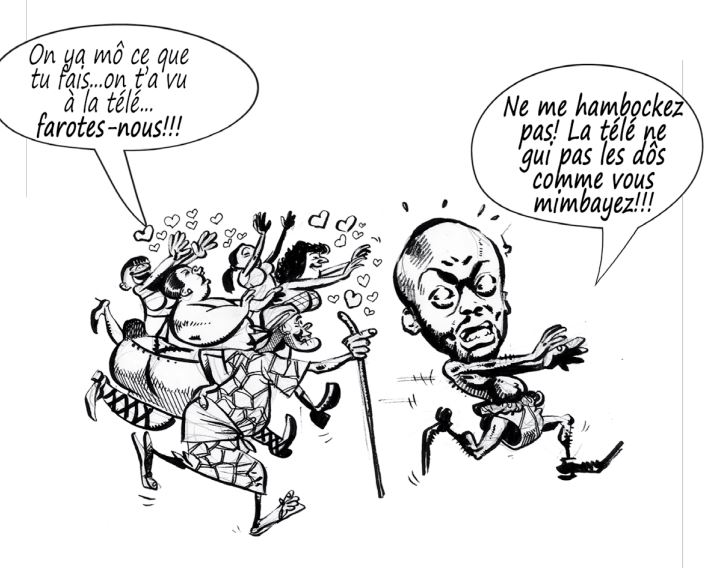
Duala
Mother-tongue to the indigenous population of Cameroon’s economic capital Douala, Duala saw itself adopted as the common language to many villages of the Cameroonian coastal line, making it the 1st most spoken dialect in the city and the 7th most spoken language in the country. This position therefore naturally made it incorporated in this Cameroonian creole.

The 32 words in their creole form
While some of the borrowed Duala words have maintained their meaning in Camfranglais, a few have seen theirs changed.
Bole
Duala: From ‘Bole’, meaning to finish.
Camfranglais: Used to mean the same thing.
Example: J’ai bole. – I am done.
Bolo
Duala: From ‘Ebolo’, meaning work, job.
Camfranglais: Used to mean the same thing.
Example: Tu bolo mais où sont les do? – You’ve got a job but you are broke?
Bok
Duala: From ‘Boto‘, meaning to dress up, to wear.
Camfranglais: Used to mean the same thing.
Example: J’ai bok la chaussure de mon cousin. – I wore my cousin’s shoes.
Boumla
Duala: From ‘Bumbulane’, meaning to reprimand.
Camfranglais: Used to mean the same thing.
Example: La mater m’a boumla. – My mum just scolded at me.
Bwam
Duala: From ‘Bwam’, meaning good.
Camfranglais: Used to mean good, well.
Example: Je suis bwam oklm! – I feel good and relaxed and or I feel fine and relaxed.
Dangwa
Duala: From ‘Dangwa’, meaning to walk, to trek.
Camfranglais: Used to mean the same thing.
Example: Viens on dangwa jusqu’au marché. – Let’s trek to the market.
Dikalo
Duala: From ‘Dikalo‘, meaning announcement, proclamation.
Camfranglais: Used to mean a text message, particularly from a Cameroonian messaging app bearing the same name.
Example: Envoie moi un dikalo avec les infos. – Send the information via a text message.
Kolo
Duala: From ‘Ikoli‘, meaning one thousand, and ‘Lokoli‘ meaning thousands. E.g: “lokol’o ba” (two thousand), “lokol’o lalo” (three thousand), “lokol’o nei” (four thousand), and “lokol’o tanu” (five thousand).
Camfranglais: Used to mean one thousand francs CFA.
Example: C’est 5 kolo! – It costs 5 thousand francs CFA.
Makala
Duala: From ‘Makala’, the duala name for tiny doughnuts.
Camfranglais: Used to mean the same thing.
Example: J’ai envie de makala. – I am craving some doughnuts.

Mbale
Duala: From ‘Mbale’, meaning truth.
Camfranglais: Used to mean the same thing.
Example: Mbale! Je vais le nak – Truth be told! I will beat him up or Verily! I will beat him up.
Mbeng
Duala: From ‘Mbenge’, meaning West, Western world, abroad.
Camfranglais: Used to mean The Western world, or more generally any country which is not Cameroon.
Example: Vivre en Mbeng c’est mo. – Living abroad is cool.
Other Camfranglais words like Mbengetaires or Mbengistes have been derived from Mbeng to mean Cameroonian expatriates.
Mboa
Duala: From ‘Mboa’, meaning home, in the simple and broad sense.
Camfranglais: Used to mean neighbourhood, by extension used to mean Cameroon.
Example: Au mboa on trouve de belles go. – In Cameroon, there are pretty ladies.
Mboko
Duala: From ‘Eboko’, meaning outside, or out of somewhere or something.
Camfranglais: Used to mean outside, or street.
Example: Lapiro de Mbanga parle le mboko tok. – Lapiro de Mbanga speaks street language.
Mola
Duala: From ‘Mola‘, meaning maternal uncle.
Camfranglais: Used to mean bro, man.
Example: Mola! Ca dit quoi!? – Hey man! You good?
Moto
Duala: From ‘Moto’, meaning, Man, human being, somebody, someone, person.
Camfranglais: Used to mean guy, bro, person.
Example: A moto! All les moto sont go? – Hey bro! Did everyone leave?, You there! Has everyone left?
Mouna
Duala: From ‘Muna’, meaning child, young, youth.
Camfranglais: Used to mean the same thing.
Example: Ses mouna sont au school. – Her children are at school.
Munyenge
Duala: From ‘Munyenge‘, meaning joy, pleasure, enjoyment.
Camfranglais: Used to mean enjoyment, fun.
Example: J’etais dans un munyenge mortel. – I was having so much fun.
Nang
Duala: From ‘Nanga’, meaning to lie down, to go to bed.
Camfranglais: Used to mean to go to bed, to sleep.
Example: Je go nang. – I am going to bed, I am going to sleep.
Nanga Boko
Or simply Nanga
Duala: From the contraction of “Nanga o’boko“, meaning to sleep outside, to sleep in the street.
Camfranglais: A name given to those who sleep in the street, the homeless, street gangsters.
Example: C’est pour les maboya et les nanga boko. – This is for the whores and the gangsters.
Ndolo
Duala: From ‘Ndolo’, meaning love.
Camfranglais: Used to mean love, to love.
Example: Je te ndolo. – I love you.
Ndole
Duala: From ‘Ndole’, the duala name of a type of leaf, used to make a famous and well appreciated Cameroonian dish with the same name.
Camfranglais: Used to indicate that something is enjoyable.
Example: Mon njoka était ndole – My party was awesome.


Ndutu
Duala: From ‘Ndutu’, meaning sadness, grief.
Camfranglais: Used to mean excess, trouble.
Example: Façon je la ya mo c’est ndutu! – I am crazily in love with her!
Nika
Duala: From ‘Ninka’, meaning like this, like that, and ‘Ninka so’ / ‘Ninka mene’, meaning that’s right! , yeah right!?
Camfranglais: Used to mean yeah right!?
Noumba
Duala: From ‘Enumba’ meaning smell, sent, odour, to smell.
Camfranglais: Used to mean bad smell, bad sent, bad odour.
Example: Ca noumba ici jusqu’à! – This place stinks!
Nyama
Duala: From ‘Nyama’, meaning meat.
Camfranglais: Used to mean meat, food, animal (insultive).
Example: Nyama !! – You beast !! , Il y avait la nyama! – There was a lot of good food!
Nyango
Duala: From ‘Nyango’, meaning mother, mummy.
Camfranglais: Used to mean girl, young lady.
Example: Nyango! Came un peu. – Hey! Excuse me young lady!
O Bosso
Duala: From ‘O boso’, meaning in front, ahead, long live.
Camfranglais: Used to mean keep going, long live.
Example: Cameroun O bosso! – Long live Cameroon!
Pambila
Duala: From ‘pambilane’, meaning to confuse, to be confused, shaken, in shock, disoriented.
Camfranglais: Used to mean extremely confused.
Example: Ca ma pambila – It made me so confused
Penya
Duala: From ‘Penya’, meaning new, brand new.
Camfranglais: Used to mean the same thing.
Example: A partir d’aujourd’hui tout sera penya penya!! – From today it is a new beginning!!
Ponda
Duala: From ‘Ponda‘, meaning time.
Camfranglais: Used to mean the same thing.
Example: Tout le ponda que tu pers, c’est pour quoi? – Why waste your time?
Shiba
Duala: From ‘Siba’, meaning to come down, to go down, to lower.
Camfranglais: Used to mean to come down, to go down, to insult.
Example: Mola, il faut shiba. – Bro, get down.
Topo
Duala: From ‘Topo’, meaning to speak.
Camfranglais: Used to mean flattery, parlance.
Example: Les topo dans le vide. – Useless flattering.
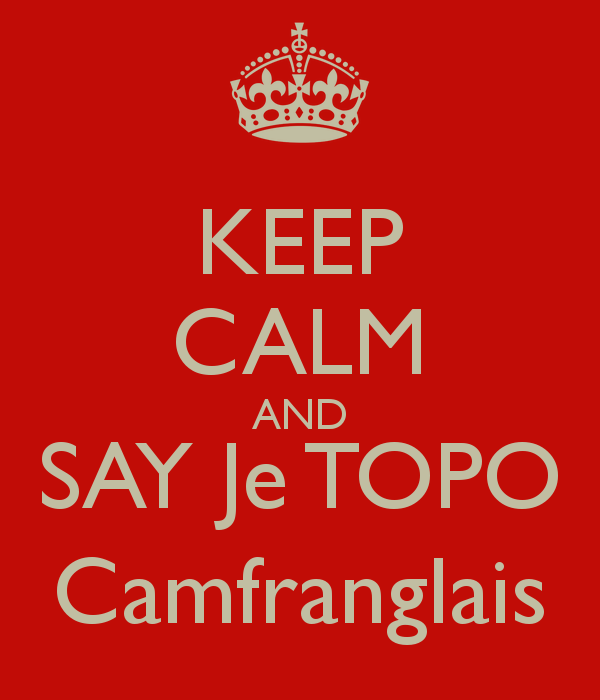
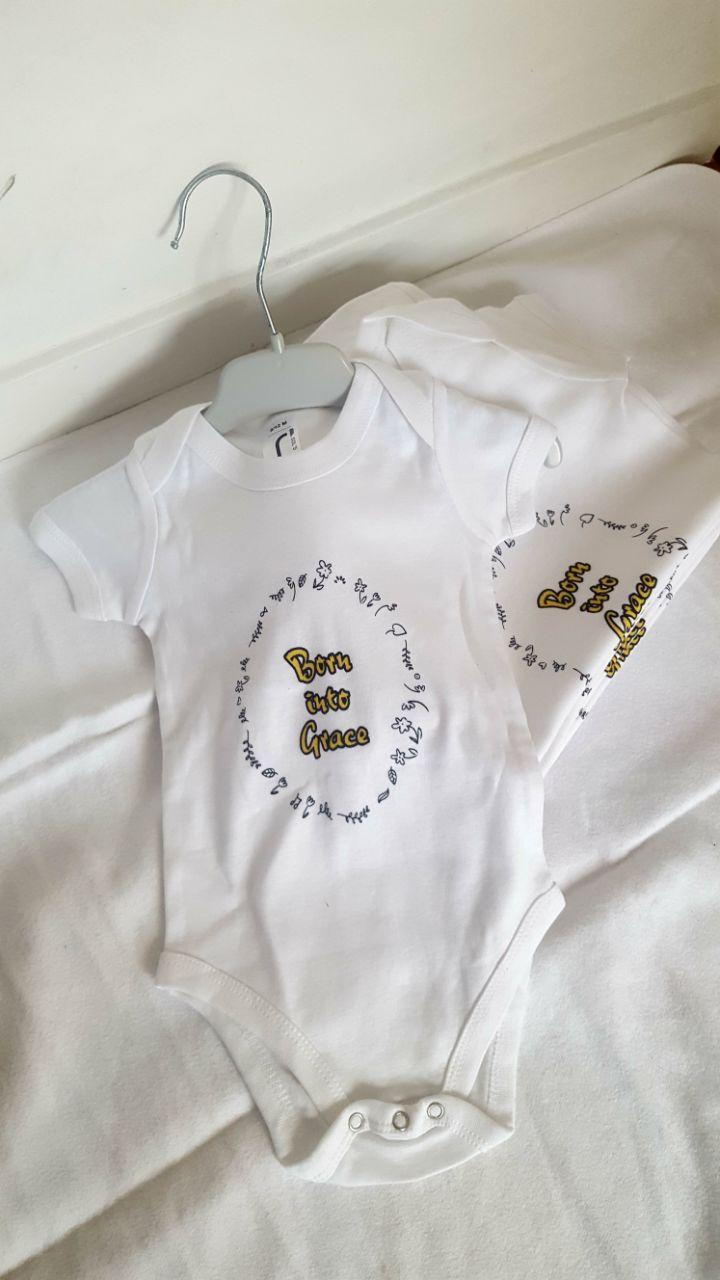
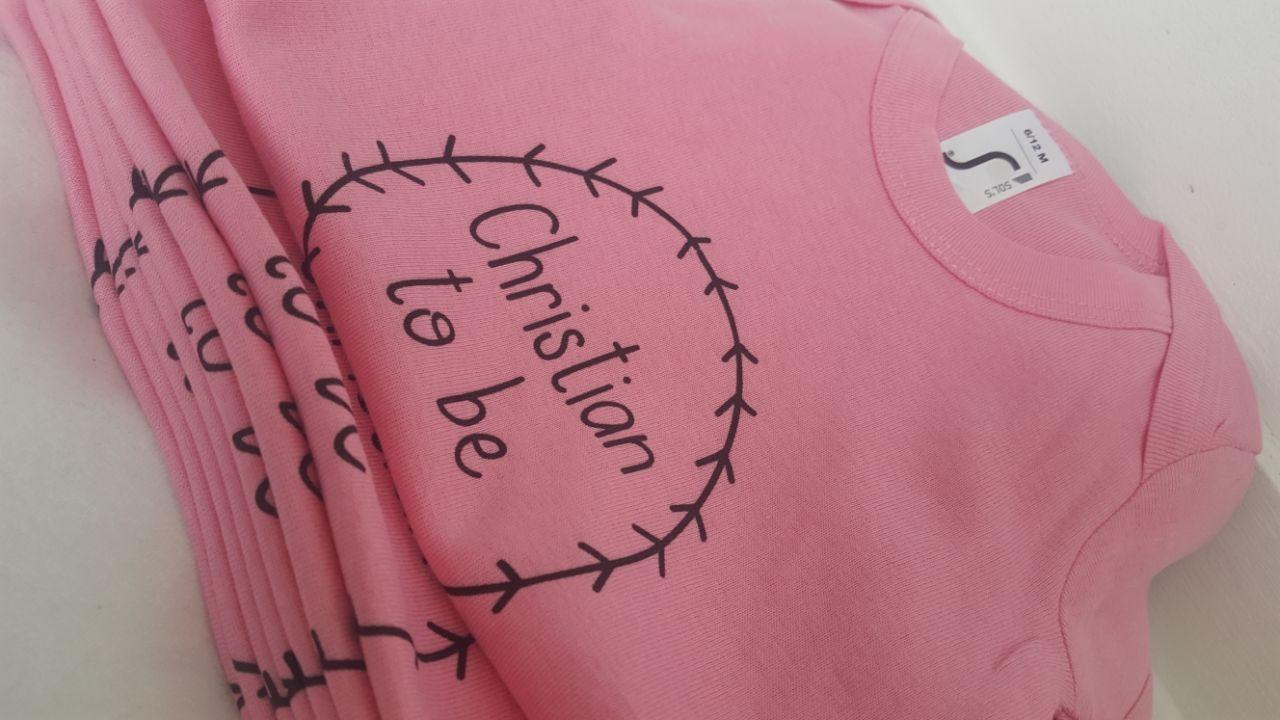
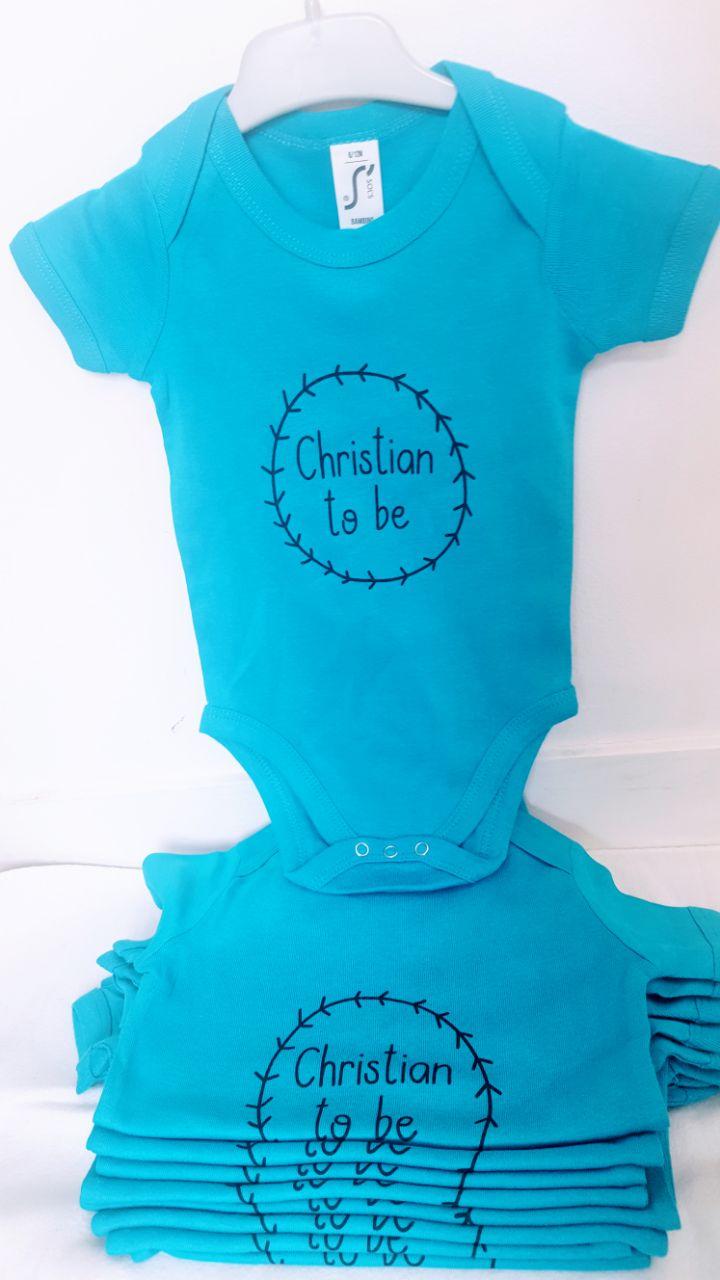
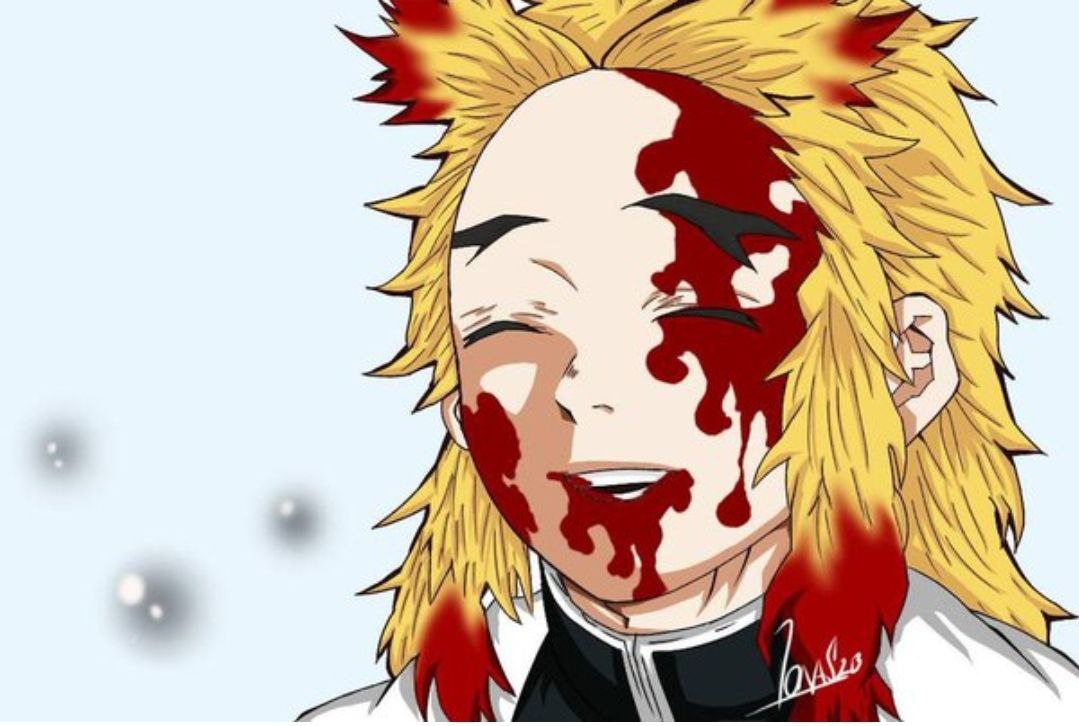
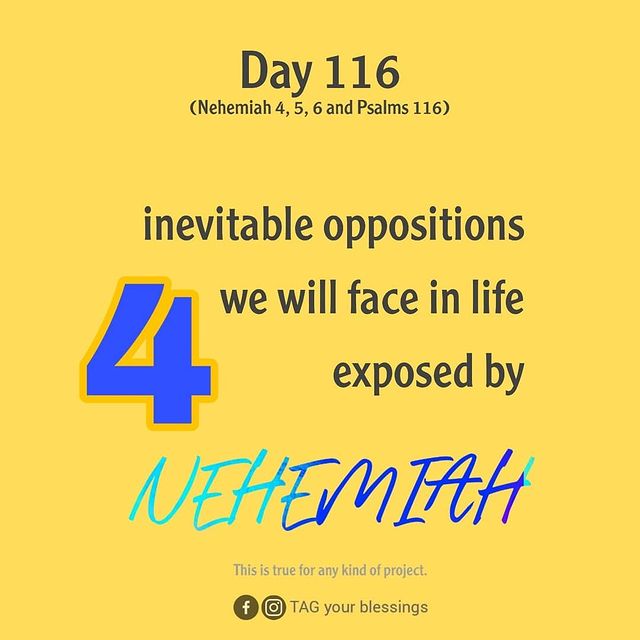
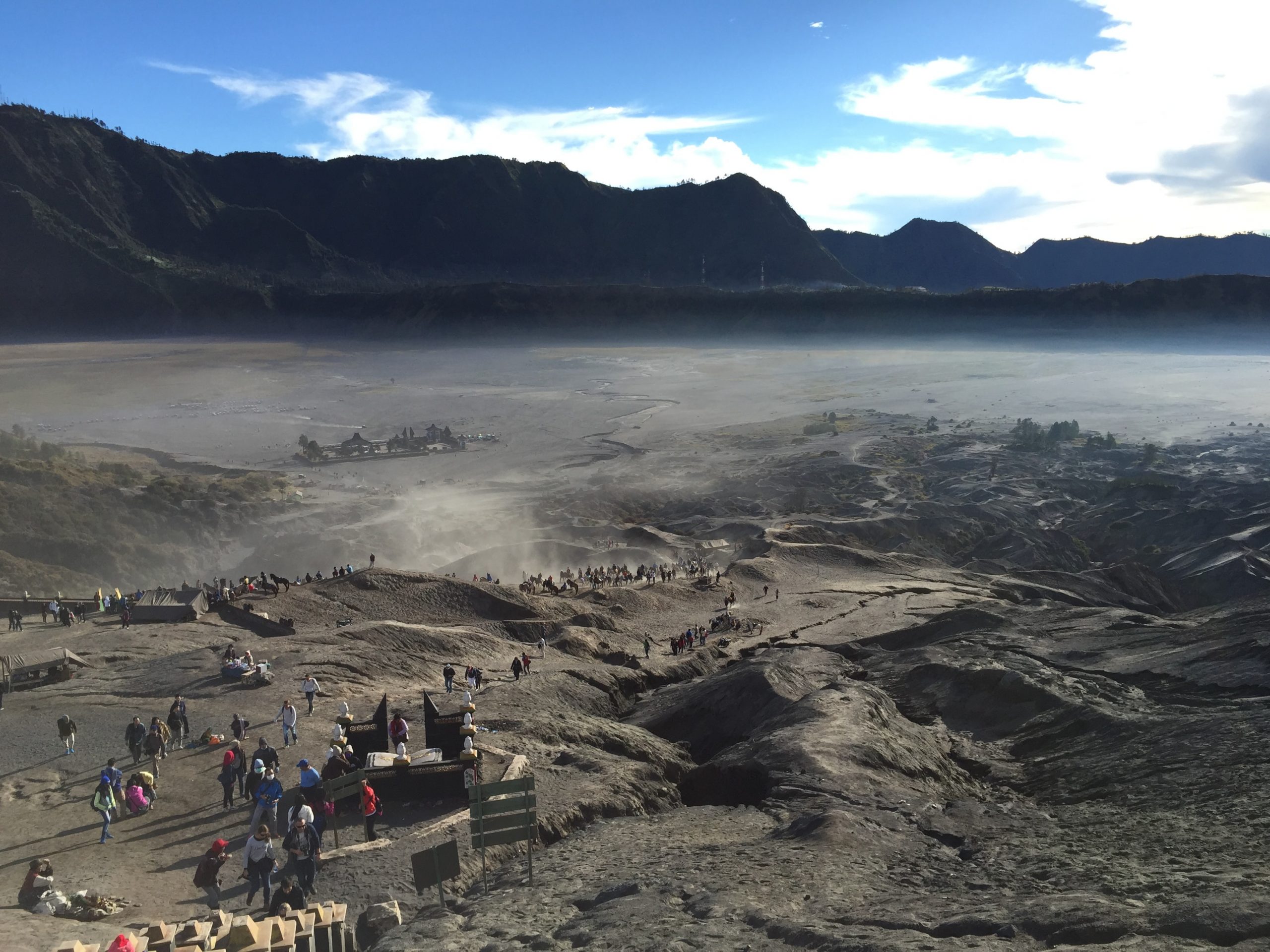
How do you say wealthy in bassa language
Hello, I will give you different words, so you can get the context, also I will be spelling the sound since I am not using the Bassa alphabet.
Rich = Ngwang
Wealth = Li ngwang
A rich woman = Ngwang moura
A rich man = Ngwang mourr
Hope it helps, keep me posted.
Please help me translate this to English.
ndola mba wamene buskisane nande
I would really love to translate it for you, but it is a little complicated since what you have written doesn’t mean anything. Can you give me some context? Perhaps you heard it in a song, and in that case, you can share it with me, so I translate the sentence directly from there. I’m impatiently waiting for your reply.